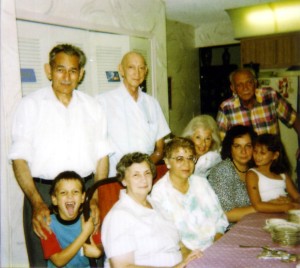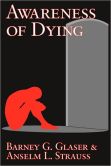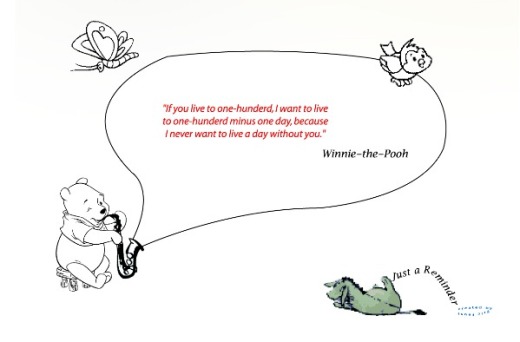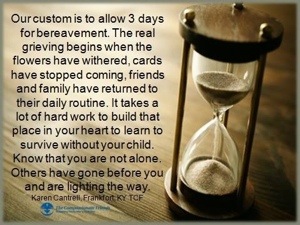Status Passage, originally published in 1971, is a general study about the different temporary passages a person experiences as they age, (i.e., birth, childhood, teenager, college, single, married, parenthood, grandparenthood, etc.) and how they complete each passage and move on to the next one. The book help explains what a person is going through during the passage, why they are going through it, and what they must do to complete each passage. Some passages require nothing as the person simply gets older; others may require graduation. In the instance of child birth, the mother actually gives birth to her child, who ends her passage of being pregnant and simultaneously places each person into a new passage. Glaser and Strauss do mention in the book that people may not even realize they are in a passage until it has already passed. Passages are further described as desirable or undesirable. A person may experience multiple passages at the same time. Ultimately, a person’s final passage is dying. This passage is tied back to previous work found in Awareness of Dying. However, Glaser and Strauss did find that the mourners may be thrust into an undesirable passage depending on the circumstances surrounding the death.
Status Passage is a formal grounded theory. It was developed by Glaser and Strauss from comparing substantive grounded theory from other people’s studies. The authors found three sources of grounding Status Passages: (1) data; (2) substantive theory; and (3) a combination of data and substantive theory (Glaser & Strauss, 2010a, p. 177). Glaser and Strauss also found that passages could be shaped by “who is in control and who is vying for control” (2010a, p. 58). When a person is vying for control, they use a closed awareness context in order to disguise their true intentions. This is taken from the authors previous findings wherein closed awareness contexts did not divulge the true status of a person’s health.
The implications of Glaser and Strauss’ work are that, “With either a propositional or discussional grounded theory, the sociologist then can logically deduce further hypotheses” (2010a, p. 189). Once a researcher had deducted from grounded theory, they can turn to theoretical sampling for a more comparative group analysis. Theoretical sampling comes from Glaser and Strauss’ book The Discovery of Grounded Theory. In order to develop the emerging theory for Status Passage, Glaser and Strauss (2010a) used comparative analysis as the method to generate a formal theory. Most of their research came from exploratory qualitative research of other people’s work. Glaser and Strauss did not conduct any research specifically for this book, unlike Awareness of Dying. Therefore, Status Passage is a literature review based on professional research. Glaser and Strauss used the qualitative materials in order to create categories, properties, and problems in Status Passage in order to develop the formal theory (2010a). Then Glaser and Strauss created core categories in Status Passage to ascertain and group the categories into relationships. Categories are created by the researcher based on what the researcher thought the participant meant during the analysis of the transcript. This is how they developed theory as a process and a method others could follow when wanting to generate a new theory. Because, the authors used prior literature and research to develop the formal theory, they did not develop research questions per se. Overall, Glaser and Strauss did a phenomenal job in explaining how a person goes through status passages and what signs to look for. In explaining their processes, Glaser and Strauss were able to provide guidelines for someone else wanting to conduct a similar research problem.
References
Glaser, B., & Strauss, A. (2010a). Status Passage. (Rev. ed.). New Brunswick, NJ: Aldine Transaction.
Related articles
- In their own words: Student stories of seeking learning support (distance-educator.com)
- Review of the book “Interacting: Art, Research and the Creative Practitioner” (midassblog.wordpress.com)
- Roger || Grounded Theory (doctorsinadultlearning.wordpress.com)
- The place of the literature review in grounded theory research (knrajlibrary.wordpress.com)
- Actor Network Theory and Grounded Theory (megyoung.org)
- Qualitative Insights into Divorce’s Impact on Children (divorcescience.org)
- Latest #KMb article review from David Phipps: Amo, C. (2007) Conceptualizing research impact (knowledgemobilization.wordpress.com)
- Research Update (rummagethis.wordpress.com)
- Book Review by Robyn Gabe Awareness of Dying by Barney Glaser and Anselm Strauss (robynfgabe.wordpress.com)








